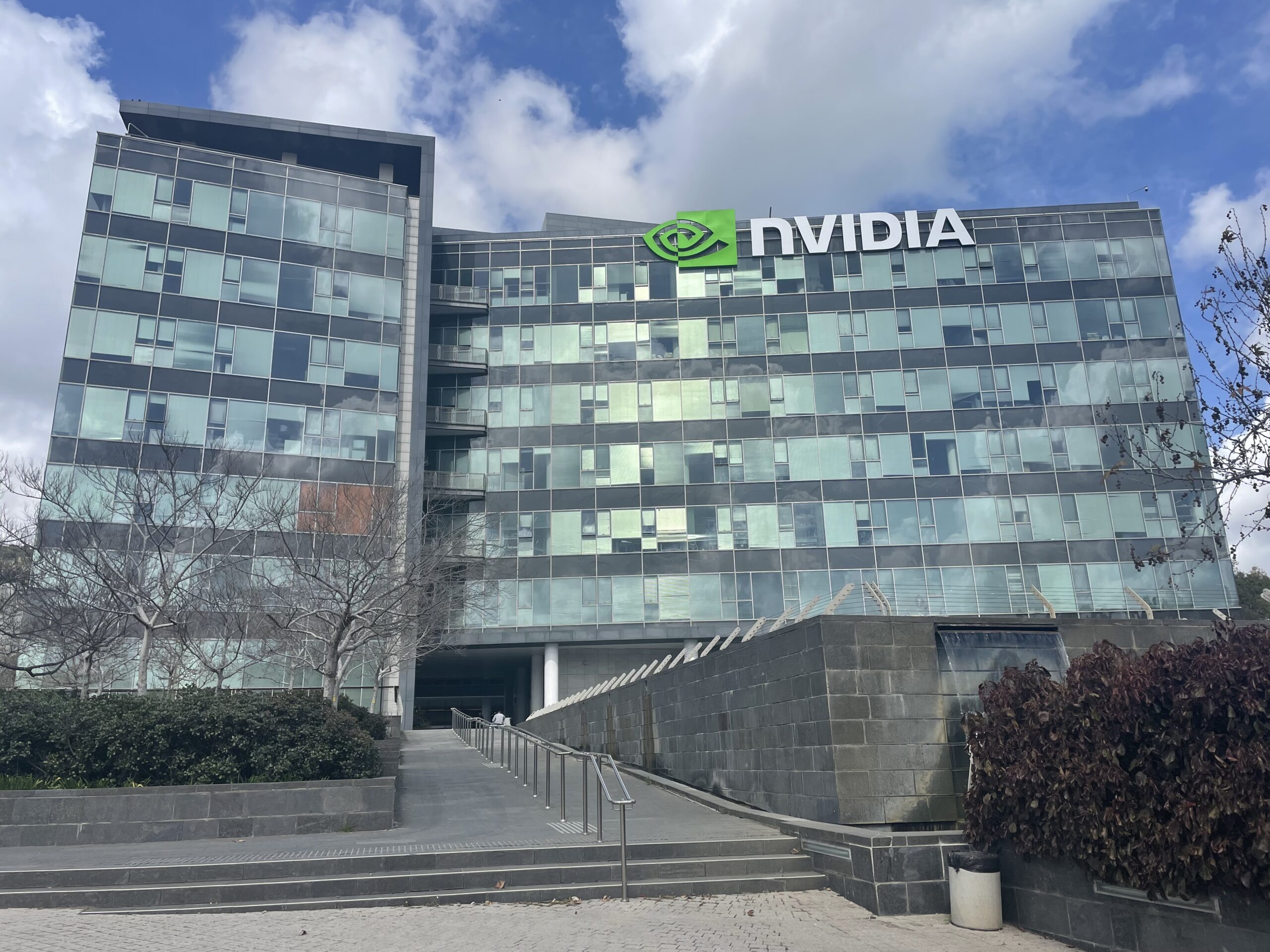
President Donald Trump said on Monday that he initially demanded a 20 percent cut from Nvidia’s sales of its H20 chip to China, but agreed to reduce the figure to 15 percent after CEO Jensen Huang negotiated with him. The deal comes after reports that Nvidia reached an agreement with the federal government to pay the percentage in exchange for export control licenses, which will allow the company to resume selling the H20 chip to China and Chinese companies. Huang met with Trump at the White House last Friday.
Trump told reporters in Washington that the H20 is “an old chip that China already has” and described it as “obsolete.” He compared it to Nvidia’s Blackwell, which he called the most advanced AI chip in the world, and said he would not approve its sale to China without significant downgrades, such as a 30 to 50 percent reduction in performance. He noted that a version of Blackwell with reduced capabilities could be negotiable, but insisted that the full-performance model would not be available to China for at least five years.
National Security and Market Access
The United States maintains export controls on advanced chips to prevent China from gaining a technological edge in artificial intelligence, which some believe could threaten U.S. national security. Trump said China already possesses chips with some comparable capabilities to the H20. Huang has argued that U.S. security is better served by having Chinese AI developers use American-made chips rather than pushing them to accelerate domestic alternatives. Trump characterized the H20 as a slowed-down, China-specific variant of Nvidia’s H100 and H200 chips, noting that Huawei already has a similar chip.
Licensing and Financial Impact
The H20 chip was launched after the Biden administration imposed AI chip export restrictions in 2023. In April, the Trump administration added licensing requirements for the H20, which Huang said effectively closed off the Chinese market. Nvidia had expected to sell about $8 billion worth of H20 chips in the July quarter before those sales were halted. A company spokesperson said Nvidia hopes export control rules will allow U.S. companies to compete in China and globally. Trump also revealed that Huang plans to return for further discussions about securing an export license for the Blackwell chip.
A White House official confirmed that Advanced Micro Devices, the second-largest AI chipmaker, will also pay a 15 percent cut to export its China-focused AI chip, the Instinct MI308.
Author’s Opinion
This deal illustrates the balancing act between protecting national security and maintaining access to lucrative foreign markets. The 15 percent payment may look like a win for the U.S. government, but it also signals that business can go on as long as the price is right. While limiting top-tier chips like Blackwell makes sense from a security standpoint, the willingness to approve sales of older models for a fee shows that economic interests remain deeply intertwined with technology policy.
Featured image credit: Wikimedia Commons
For more stories like it, click the +Follow button at the top of this page to follow us.
